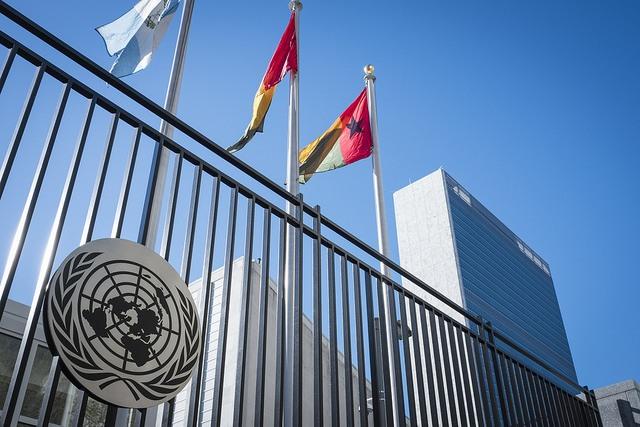
By Dawn Emling
Over the last several decades, it has become the norm that companies are expected to play their part on the world stage as responsible corporate citizens. This means engaging in the local communities where they conduct business and operating in a manner that is respectful of the environment. It also means furthering an agenda that promotes equality and advancement of human rights and dignity around the world. As the world’s access to data and information increases transparency and companies continue to extend their reach across geographic boundaries, it is more important than ever to work together toward a common goal for the future.
In April, Thomson Reuters officially joined the U.N. Global Compact, the world’s largest corporate sustainability initiative. Launched in 1999, the compact now has 13,000 corporate, investor, law firm, NGO and policymaking participants from over 170 countries. This is an important partnership because it reinforces our long-term commitment to the U.N. principles protecting human rights, labor, the environment, and combating corruption and fraud.
At Thomson Reuters, we believe strongly in values based revenue generation. What do I mean by that? I mean that not only do we, as a business, operate in a socially responsible manner, but helping other companies do the same is also a central tenant of our value proposition. Many of our core products and services help our clients understand their environmental impact, manage risks in their supply chain, and mitigate the risk of doing business with corrupt partners and vendors.
In September of 2015, the United Nations released the 17 Sustainable Development Goals (SDGs), a set of goals with 169 targets to serve as guideposts toward sustainable development. These goals cover a range of issues including ending poverty and hunger, improving health and education, and combating climate change.
Last week, members of the U.N. Global Compact — the U.N. initiative with the private sector to advance sustainability -- came together in New York for the Leaders Summit. The Summit marked a new era — away from what many traditionally considered as the responsibility of governments and toward a shared imperative with the private sector. Production and consumption are at the heart of the SDGs: Businesses and the private sector have become immensely influential toward realizing a sustainable future.
The two-day summit kicked off with remarks from U.N. Secretary-General Ban Ki-moon and Lise Kingo, executive director of the U.N. Global Compact, who discussed the principles and solutions for the new era of responsible business. Ms. Kingo opened the Summit with a call-to-action for the private sector, “Business too has come to realize that the past is no longer viable as a business proposition for the future.”
Their visionary dialogue was followed by panels of business leaders providing concrete examples of how to best promote and achieve the SDGs and what tangibles we can do within our own organizations to champion this cause. I was particularly inspired to hear about circular economies, public-private partnerships, and the evolution of socially responsible investing to advance the SDGs through private finance. Adena Friedman, president of NASDAQ, commented, “The role of the capital markets is to fund and enable good ideas.” Another speaker added, “The SDGs represent our solution to get us out of the fix we’ve found ourselves in.”
Thursday’s programs explored how broad global goals can be applied locally and how this application is essential to success. Highlighting risks and opportunities and how companies can lead this charge, the individual panelists shared their own insights and unique experiences in collaboration and driving their commitment forward. As a company with operations in over 100 countries, understanding this interplay is essential for us.
Over the two days, leaders from the private sector, civil society and governments explored practical ways to deliver on concrete strategies. With over 1,000 attendees participating, some of the best and brightest shared their common vision and unique ideas to drive this challenge.
I like to think that the businesses of tomorrow will play a large part in creating the world of the future. At Thomson Reuters, we are proud to be a part of this global coalition to drive sustainable growth forward through responsible business engagement.
Dawn Emling is Head of Strategy for the Corporate Responsibility & Inclusion team of Thomson Reuters. In this role she oversees planning, execution and measurement within the Corporate Social Responsibility, Sustainability, and Diversity & Inclusion functions. Dawn has over 20 years experience in Corporate Social Responsibility, international development, and social entrepreneurship. Prior to her role with Thomson Reuters she served as CEO of a sustainability consulting firm and COO of a social impact technology company. During her tenure with Credit Suisse, Dawn held two leadership positions as the Head of Sustainability in EMEA and the Head of Community Investment in Asia. Early in her career, Dawn was a Senior Advisor to the United States Agency for International Development.
Image credit: Flickr/U.N. Photo
TriplePundit has published articles from over 1000 contributors. If you'd like to be a guest author, please get in touch!














